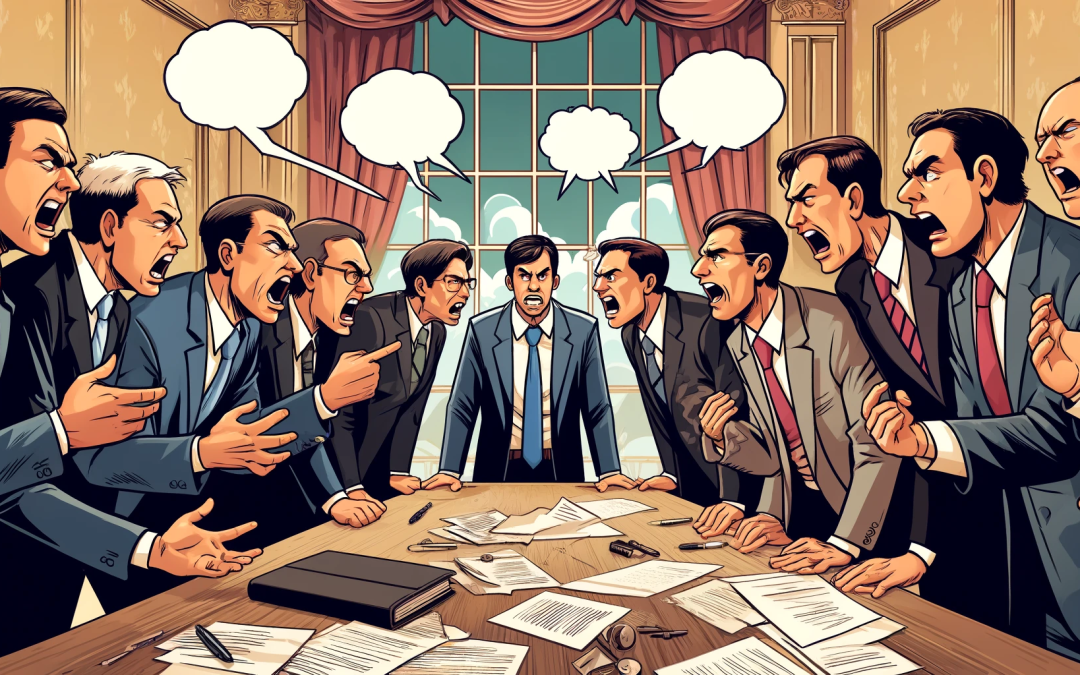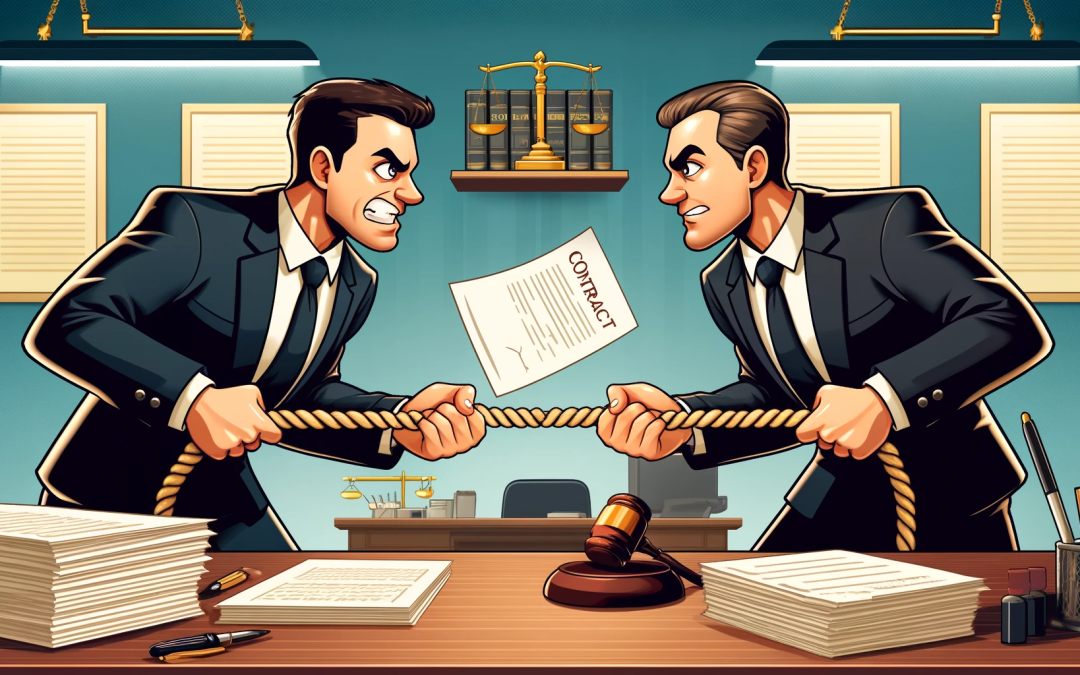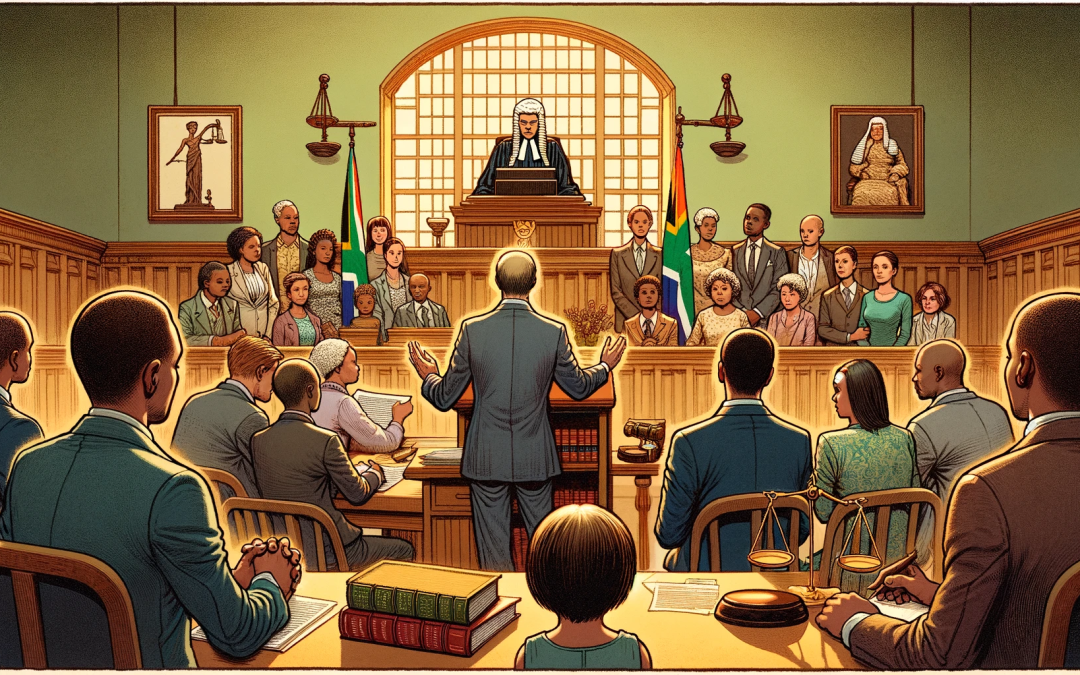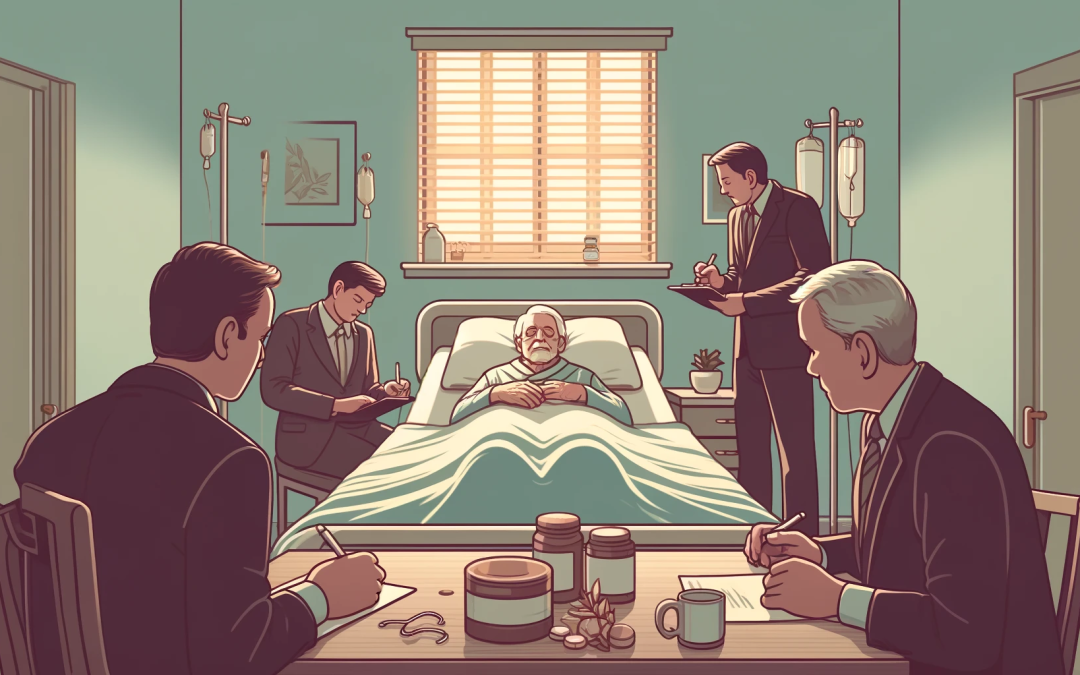
As a business owner, dealing with unpaid invoices can be both frustrating and financially damaging, especially when the client in question is your biggest one. Navigating this situation can be challenging, but taking proactive measures can help protect your business and resolve the issue more effectively. In this blog post, we will discuss seven critical things to do when your biggest client does not pay your account
Seven Essential Actions to Take When Your Primary Customer Fails to Pay Your Account
- Seek Legal Advice and Understand Your Rights
The first step in addressing unpaid invoices is to understand your legal rights and the steps you can take to protect your business. Consult with a legal professional who specializes in debt collection or contract law to learn about the applicable laws in your jurisdiction and the options available to you. - Communicate with Your Client
Before jumping into legal action, try reaching out to your client to understand the reason behind the non-payment. There may be a simple explanation, such as an oversight or a temporary cash flow issue, that can be resolved amicably. Keep a record of all communications, as this can be useful if legal action becomes necessary later. - Try to Negotiate, but Understand That Negotiation May Be Off the Table
If your client is experiencing financial difficulties, attempt to negotiate a payment plan or a settlement that works for both parties. Be flexible, but also realistic about your own financial needs. Remember that negotiation may not always be possible, especially if your client is unwilling to cooperate - Know Your Client – Do They Have Money or Assets to Settle Your Account?
Before taking legal action or investing further time and resources into debt collection, assess your client’s financial situation. Do they have the money or assets to settle your account, or is it unlikely that you will be able to recover your money? This information can help you make informed decisions about how to proceed. - Approach a professional
If negotiation fails and your client continues to refuse to pay, it’s time to hire an attorney who specializes in debt collection and commercial litigation. A skilled attorney can help you navigate the legal process and increase your chances of recovering your money. - Consider Alternative Dispute Resolution (ADR)
Litigation can be costly, time-consuming, and stressful. Consider alternative dispute resolution (ADR) methods such as mediation or arbitration to resolve the issue more efficiently. ADR can be less formal, less expensive, and faster than going to court, and can help you maintain a better relationship with your client. - Protect Your Business By Being Prepared For Litigation
While pursuing legal action or debt collection, it’s essential to protect your business. Keep accurate records of all communications with your client, and document any losses you incur due to non-payment. Review your credit policies and make sure you have a robust debt collection system in place to avoid similar situations in the future. - Learn from the Experience
Finally, use this experience as an opportunity to learn and grow your business. Analyze what went wrong, what you could have done differently, and how you can improve your processes and strategies to prevent similar issues in the future.
Conclusion:
When your biggest client doesn’t pay, it can be a challenging situation to navigate. However, by taking proactive measures such as seeking legal advice, communicating with your client, negotiating, assessing their financial situation, hiring an attorney, considering ADR, protecting your business, and learning from the experience, you can protect your business and increase your chances of recovering your money. Remember to stay calm, professional, and proactive, and don’t hesitate to seek help when needed.
Contact Vermeulen Attorneys for expert guidance on how to recover money owed to your company.









